Congratulations! Your 6-Month-Old Baby. This month, you and your baby should expect a lot of excitement as he learns to sit up on his own and possibly gets his first taste of solid food. Read on to find out what developmental milestones your 6-month-old baby might accomplish this month, what exciting new foods he might try, what his sleeping and napping habits might look like, and how to deal with jealous siblings!
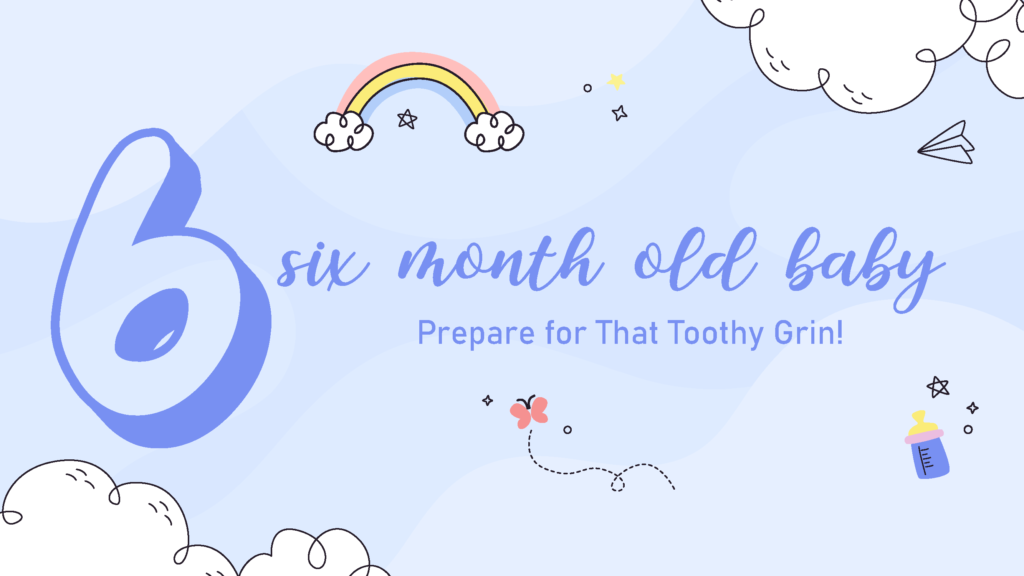
6-Month-Old Baby Milestones in Infant Development
Your baby has developed new skills and talents during the last few months. For example, he will now be able to notice objects from many feet away and track moving objects fairly well. You may notice that he will perk up when he hears his name or stop doing something when you say “no.” Around the age of 6 months, pay special attention so he does not fall off the bed – rolling over on both sides will be a new technique he will learn.
Your Baby’s First Teeth: Physical Development and Growth
They grow so quickly! Your youngster may have doubled his birth weight by the time he is 6 months old. Although not all babies develop at the same rate, don’t be surprised if your bundle acquires 1 to 14 pounds every month at this period. From the beginning of this month, he may grow 12 to 34 inches by the time he is 7 months old.
You may notice a tooth or two around this time — or not, as the age at which teeth initially appear varies greatly from child to child. Teeth and gum care are critical from the start. If you’re wondering how to clean those initial small teeth, simply brush them gently with a soft, child-size toothbrush and a tiny dab of toothpaste the size of a grain of rice.
Make certain that your child does not fall asleep with a bottle in his mouth. This will help prevent cavities as well as “bottle mouth,” a condition in which the sugars in milk or juice chip away at the enamel of the teeth.
Your Baby Can See Across the Room Thanks to His Senses
Your child’s depth perception has improved at the six-month mark. He’ll be able to see considerably further away now, possibly several feet. In fact, he can now focus on objects without becoming cross-eyed and distinguish between hues.
Sitting Supported Movement
Your child is becoming stronger and more mobile by the day. He may be able to roll over in both directions by the time he is 6 months old. Keep an eye on him to prevent him from falling off the bed or couch. It’s best not to let him surprise you with his new abilities when you least expect it.
Each movement gets him ready for the next one. As his trunk and neck muscles strengthen, he may be able to sit in a seated position with support. He’ll gain confidence over time, and he’ll soon be able to sit without assistance.
Personality: Your Baby Knows His Name
After spending his first several months listening to your voice and noticing the sounds you make, your baby is developing into a little communicator. Around the age of 6 months, he may begin to imitate spoken sounds. When you address him by name, he may perk up and take notice. In addition, if you say “no,” he may pause what he’s doing in response. Your child will gradually begin to correlate words with objects. It will be exciting to see how his language skills improve over the next few months!
Your child may become a little feistier as he grows more mobile and curious. Discipline at his age is about keeping your infant safe. Setting limits teaches your child what is acceptable and unacceptable conduct. The easiest method to deal with an overly forceful 6-month-old is to encourage desired behaviour rather than punish it. If you see your infant doing something inappropriate, stop him, tell him it’s bad, and get him engaged in a more appropriate activity instead.
A Day in the Life of Your Baby
Every baby is different, but here’s a glimpse of what a typical day could look like with your baby.
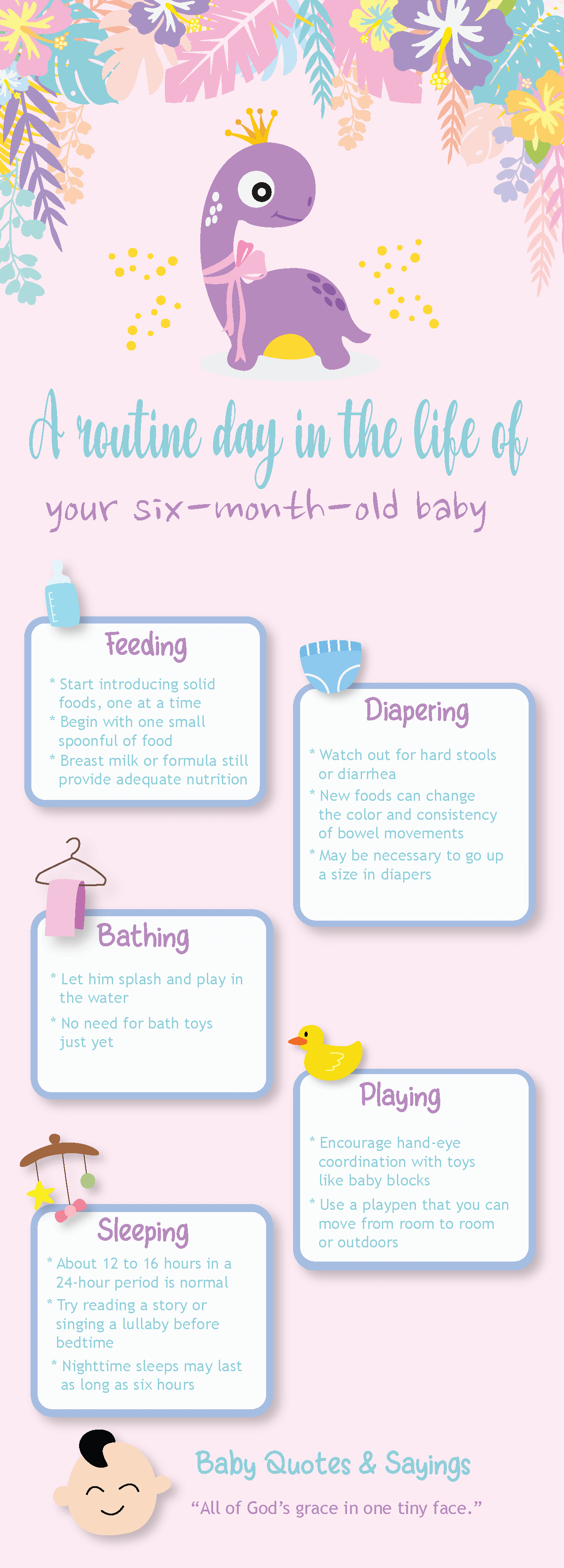
How to Support Your Baby’s Development
You can participate in your baby’s learning process. Reading, singing, talking, and playing with your kid on a daily basis not only strengthens your bond but also helps his brain develop. Consider the words your infant hears as seeds: each one is planted in his head and will help him create a vocabulary forest in his brain. Reading aloud not only teaches him new words, but also encourages him to listen, introduces him to new concepts and ideas, educates him about the world, and teaches him how to communicate.
Reading to your infant can also help your child develop socially and emotionally, especially if you read with emotions and sound effects. As you read, your baby will want to stare, point, and touch the page. This also aids in his social growth and critical thinking abilities. He will strive to duplicate sounds, recall words, and recognize visuals as he hears more words. Set aside sometime each day to read, and you’ll soon discover that it’s an activity you both like.
This page is based on professional advice from reputable medical and government organizations, such as the American Academy of Pediatrics and the American College of Obstetricians and Gynecologists. This page’s material should not be used in place of professional medical advice. For a complete diagnosis and treatment, always seek the advice of a medical expert.


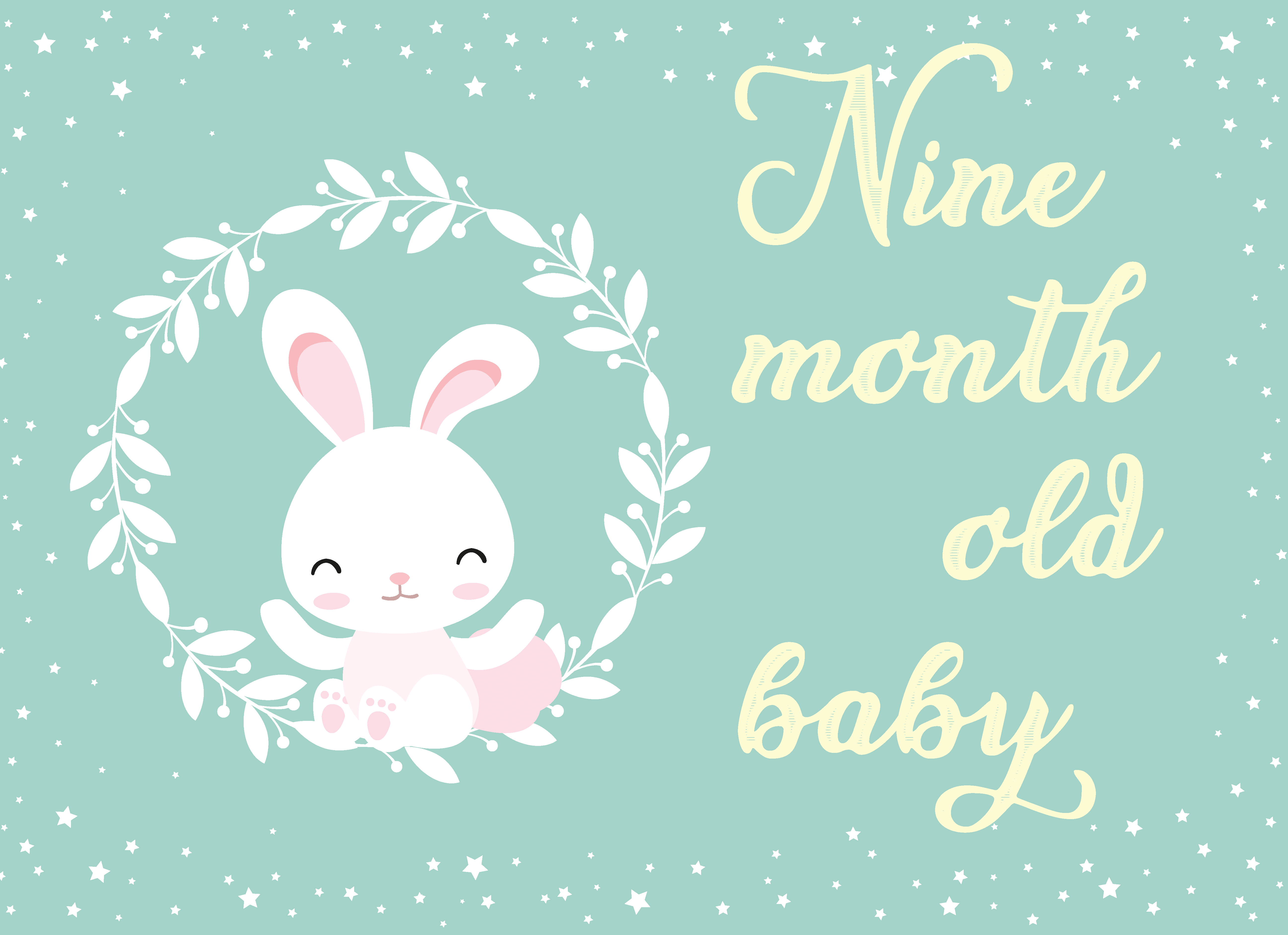
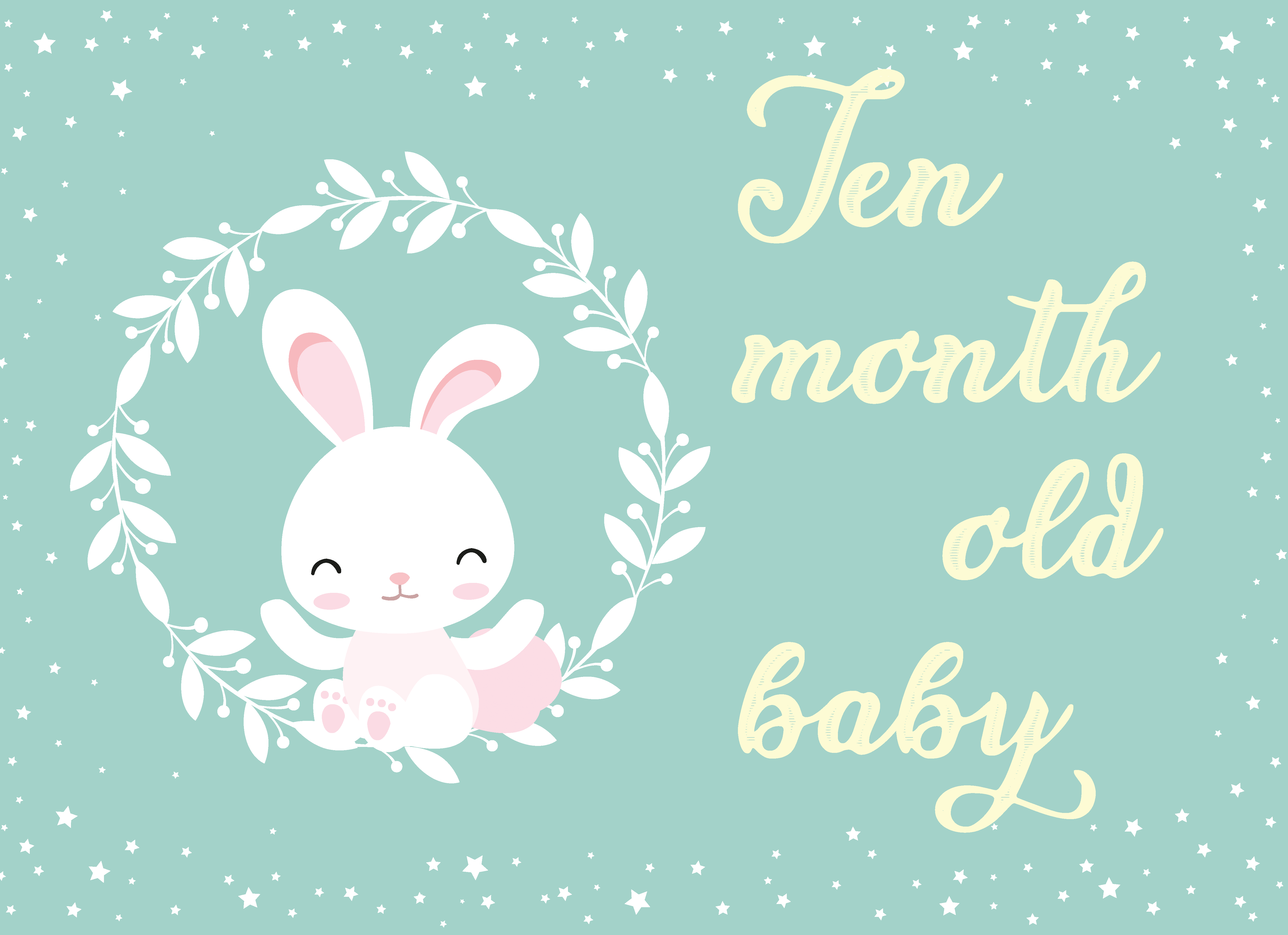


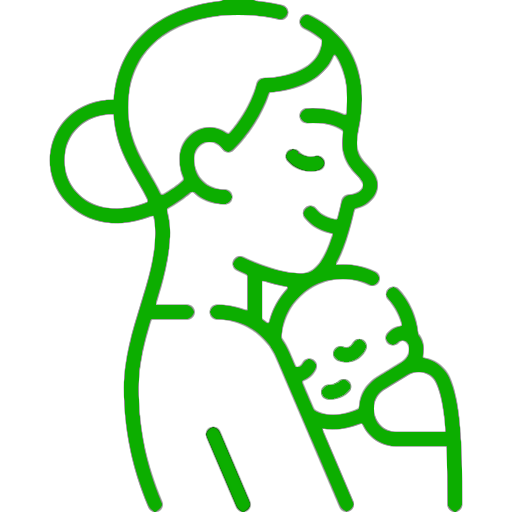

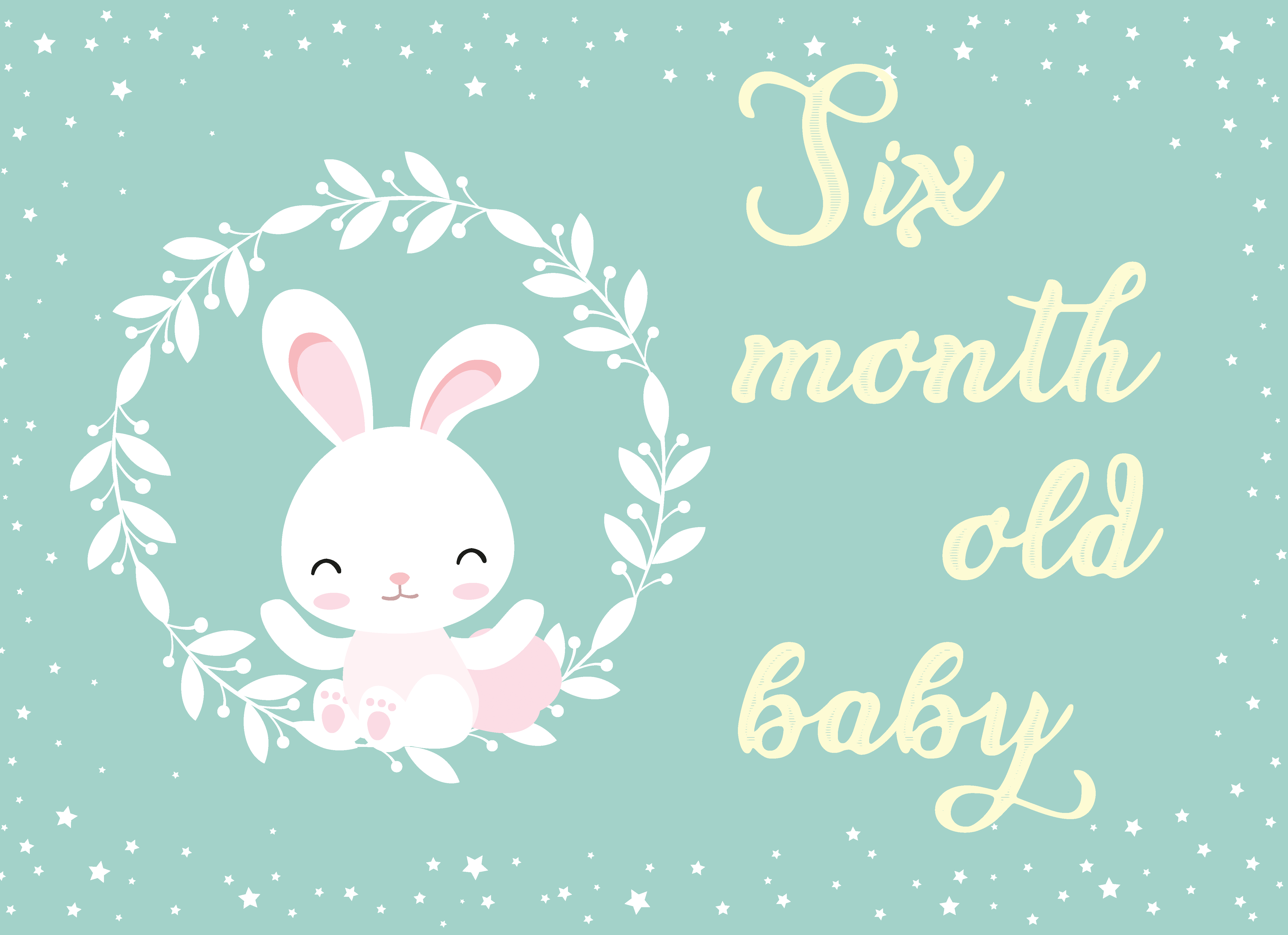
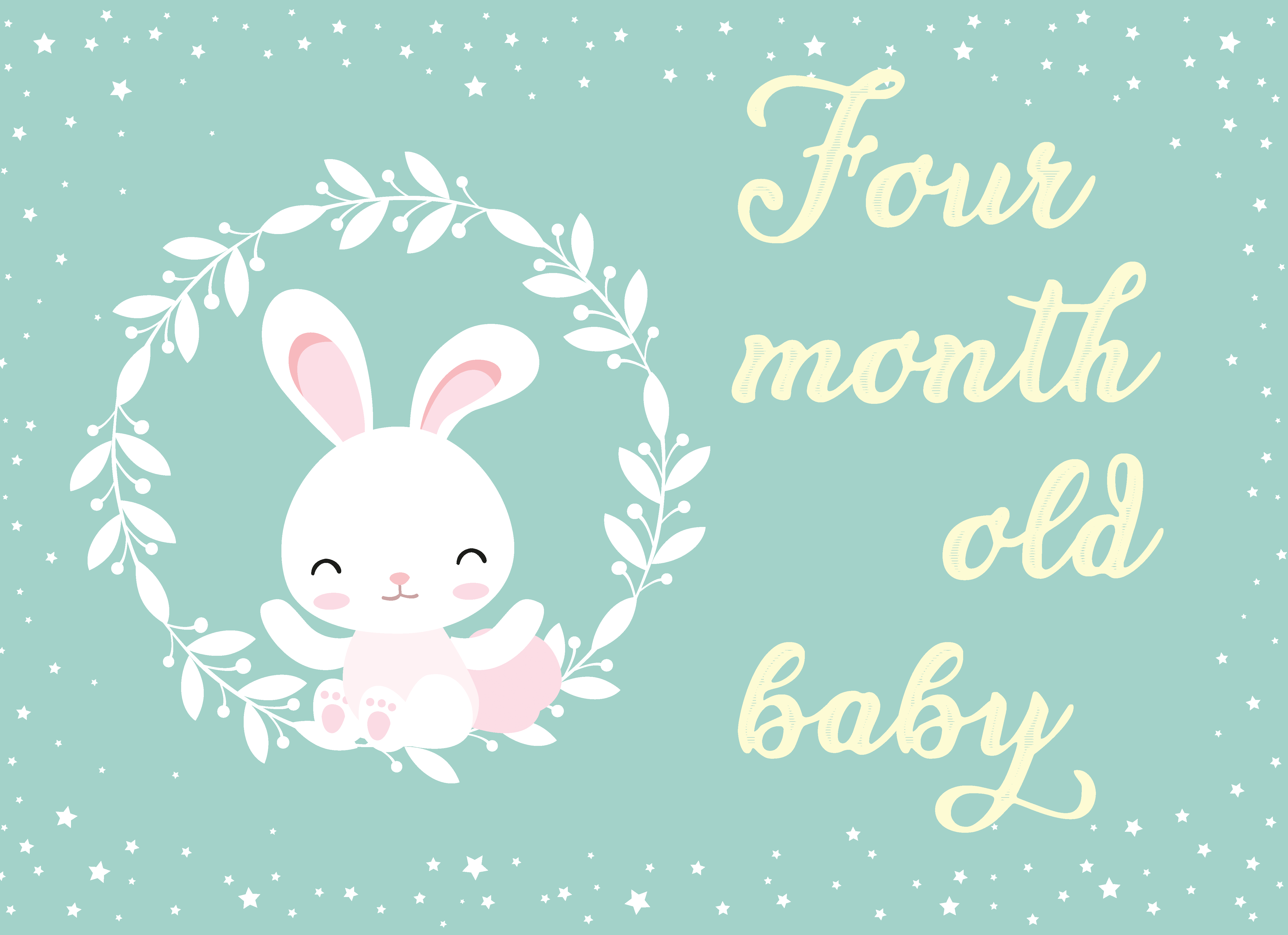
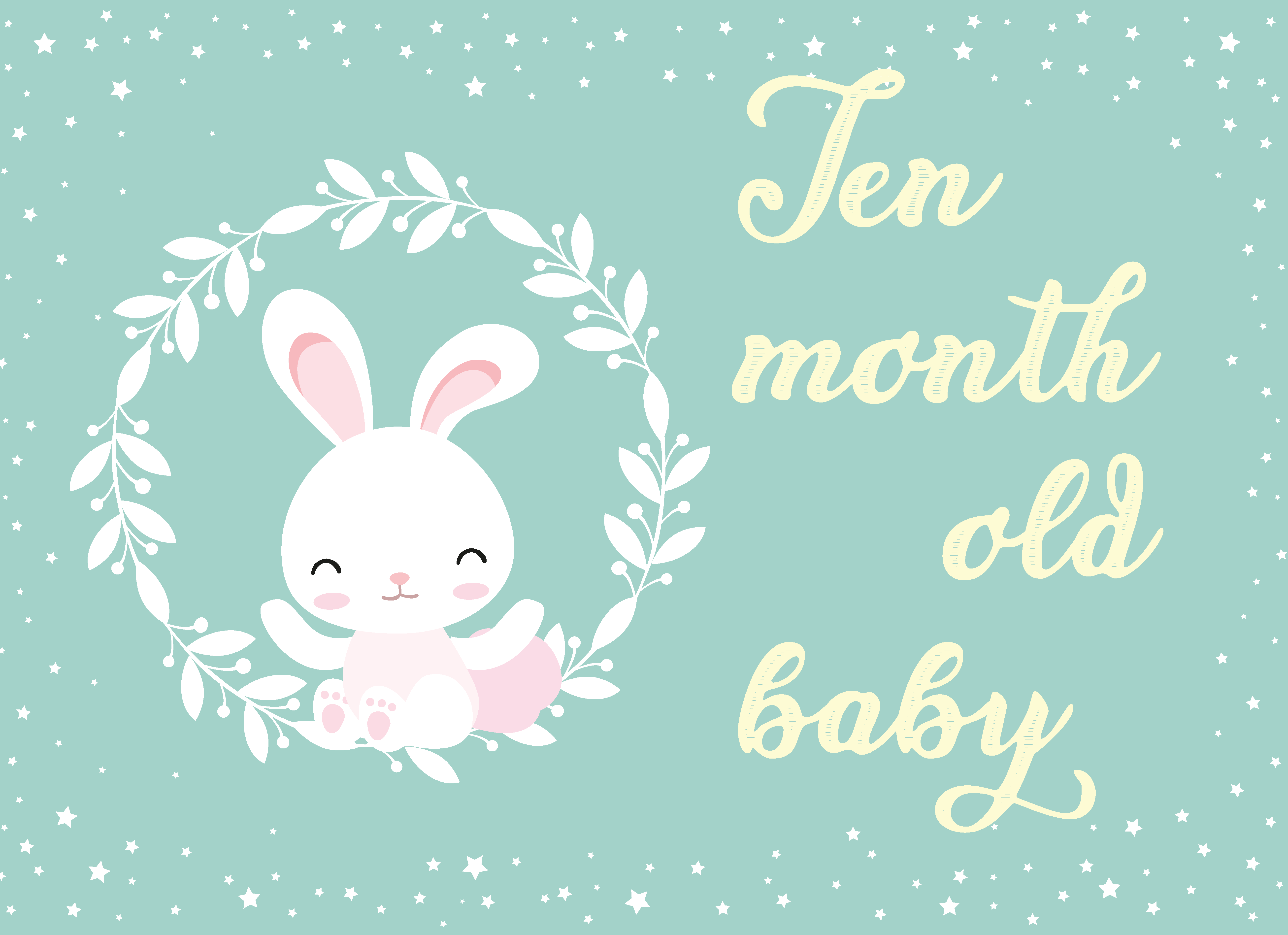
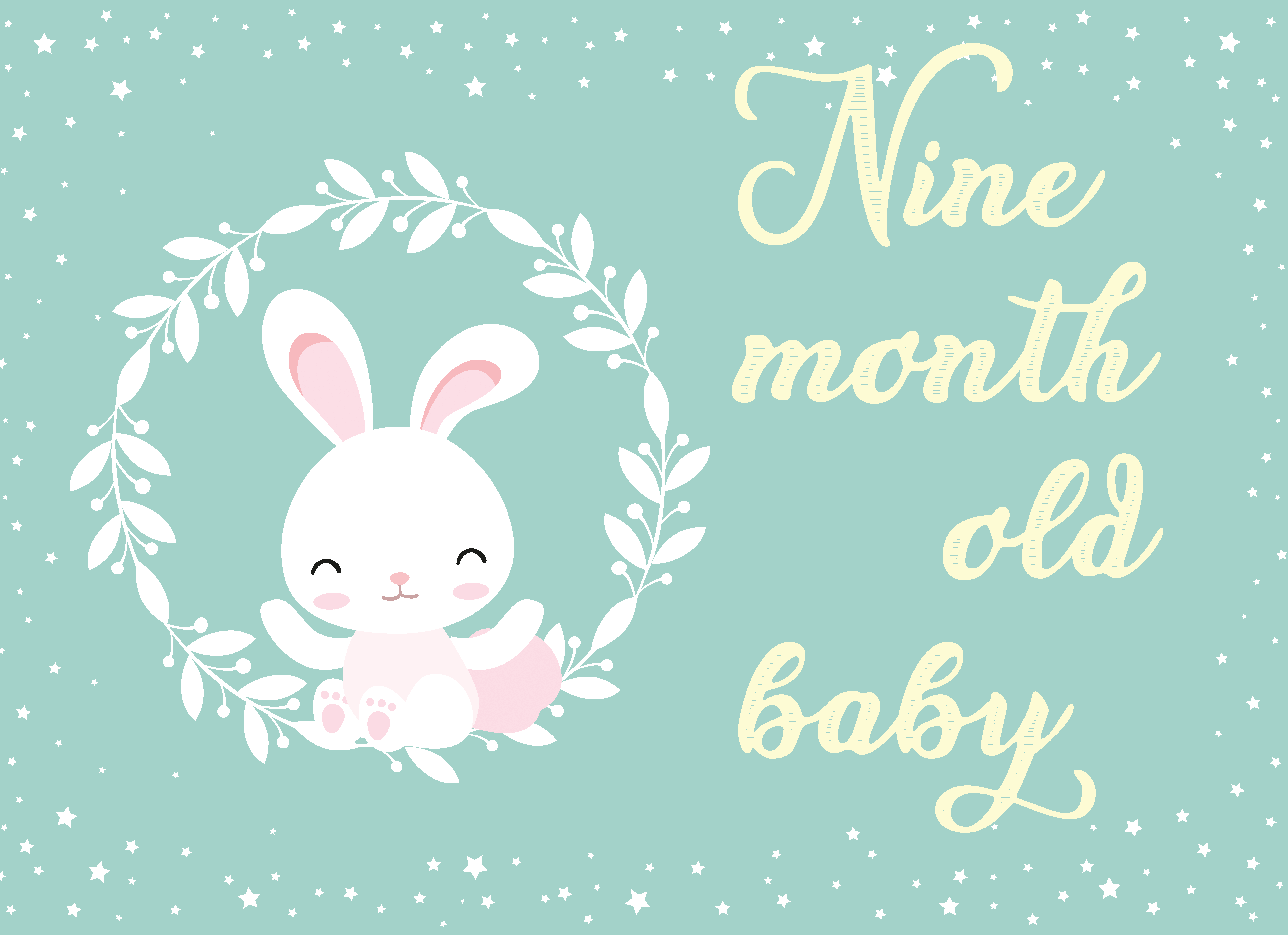

Leave a Reply
View Comments